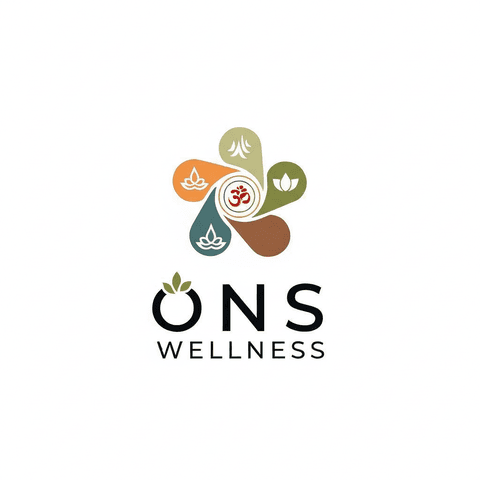Holistic Healing vs. Modern Medicine: Comparing Approaches for Chronic Health Conditions
Understanding Holistic Healing
Holistic healing is an approach to health care that considers the whole person, including their physical, emotional, mental, and spiritual well-being. This method emphasizes the connection of mind, body, and spirit, aiming to achieve optimal health by balancing all aspects of a person’s life. Holistic practitioners often use a combination of therapies, such as acupuncture, massage, yoga, and herbal medicine, to promote healing and wellness.
One of the main principles of holistic healing is the belief that the body has an innate ability to heal itself. Practitioners work to support this natural process by identifying and addressing the root causes of illness rather than just treating symptoms. This can lead to more sustainable health improvements over time.

The Principles of Modern Medicine
Modern medicine, also known as conventional or allopathic medicine, is based on scientific research and clinical evidence. It focuses on diagnosing and treating diseases primarily through pharmaceuticals, surgery, and other medical interventions. This approach relies heavily on technological advancements and rigorous testing to ensure safety and efficacy.
Modern medicine has made significant strides in managing acute illnesses and emergencies. It is particularly effective in situations where immediate intervention is necessary. However, its treatment of chronic conditions often focuses on symptom management rather than addressing underlying causes.
Comparing Approaches for Chronic Health Conditions
When it comes to chronic health conditions, such as diabetes, heart disease, or arthritis, both holistic healing and modern medicine offer unique benefits. Holistic approaches may provide more personalized care and focus on lifestyle changes that can improve overall well-being. This can be particularly beneficial for conditions linked to lifestyle factors.
On the other hand, modern medicine offers effective treatments for managing symptoms and preventing complications. Medications can help control symptoms quickly, and surgical interventions can address more severe issues that other therapies might not resolve.

Integrative Medicine: A Balanced Approach
Recognizing the strengths of both holistic healing and modern medicine has led to the emergence of integrative medicine. This approach combines treatments from both fields to provide comprehensive care that addresses all aspects of a patient’s health. Practitioners of integrative medicine work in collaboration with patients to create customized treatment plans that incorporate the best of both worlds.
By blending natural therapies with conventional medical treatments, integrative medicine aims to enhance the effectiveness of care while minimizing side effects. This can be particularly advantageous for individuals with chronic conditions looking for a more balanced approach to their health.
Making Informed Health Decisions
When choosing between holistic healing and modern medicine, it’s important for individuals to consider their personal health needs and preferences. Consulting with healthcare professionals from both fields can help patients make informed decisions about their treatment options. By understanding the benefits and limitations of each approach, individuals can create a healthcare plan that aligns with their values and goals.
Ultimately, achieving optimal health often requires a combination of strategies. Whether it's through diet changes, stress management techniques, or medical interventions, taking a proactive role in one's health journey can lead to better outcomes and improved quality of life.

